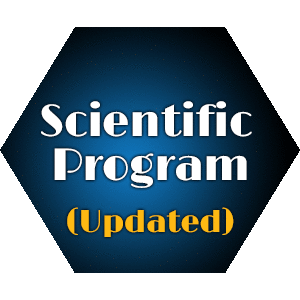
James Giordano
Georgetown University Medical Center, USA
Title: Chronic pain and substance use disorders: Neuroethical issues and directions in assessment and care
Biography
Biography: James Giordano
Abstract
The DSM-5 is frequently used, either alone or in combination with the ICD, to categorize psychiatric disorders, and in so doing, establish better criteria from which to plan and execute clinical care. Clarifying diagnostic terms is vital to standardize what they signify, and this may be even more important when considering the dual-diagnoses and the care comorbidity may require. In this lecture, I will address practical ethical-legal issues and concerns generated by a dual diagnosis of chronic pain and substance-use/addictive disorder. Specifically, I will describe how diagnostic labels – and particularly those related to mental illness- can be stigmatizing, and may evoke medical, legal and social biases that affect the ways that patients are regarded and treated. I will explicate the complexities of these disorders apropos the current opioid crisis and argue that diagnosis demands action. I will posit that the philosophy of medicine defines a moral obligation to develop improved assessment and care of those who are burdened by both chronic pain and substance use/addictive disorders. Toward these ends, I will propose ways that newly developing neurotechnologies, such as types of genetic assays, neuroimaging, novel pharmaceutical preparations, and non-invasive and deep brain stimulation could – and should – be engaged to improve the focus, scope, safety, effectiveness – and efficiency – of care. As well, I will describe how the realization of any such effort will require the conjoint participation of economic and administrative infrastructures of medicine, as well as the development of supportive guidelines, policies, and law(s).

